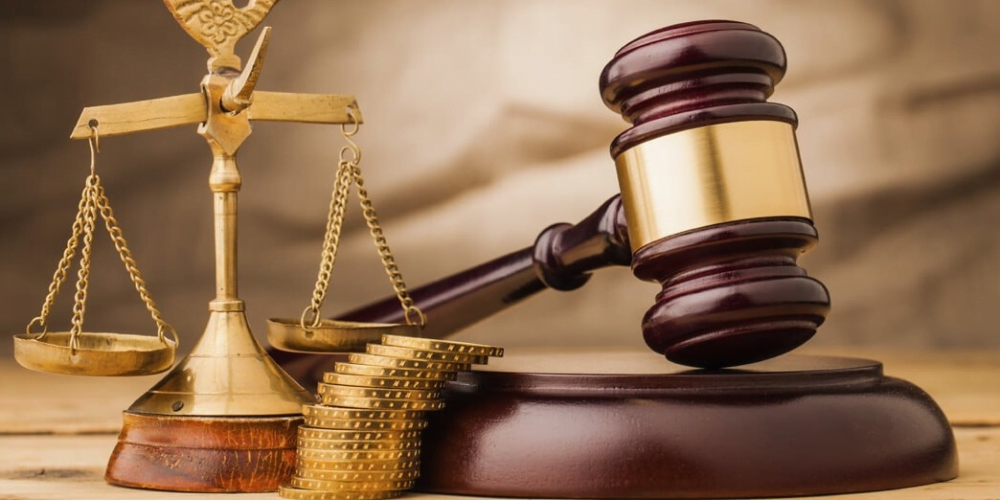
Debt recovery litigation, also known as debt collection litigation, is a legal process through which a creditor or a debt collection agency seeks to recover money owed by a debtor who has not fulfilled their financial obligations. It involves taking legal action against the debtor in order to obtain a court judgment that mandates the debtor to repay the debt.
A creditor may go through a lot of steps in pursuing a debt. The following are a few steps in Debt Recovery litigation:
Debt Assessment: This entails the creditor gathering all debt contract, outstanding balances, payment history, and any relevant documentation to determine whether the debt is valid or legally enforceable.
Demand Letters: Mostly a creditor would send formal demand letters to the debtor to request the debt to be paid at a stipulated time period. This letter may outline the consequences of non-payment and offer options for resolving the debt without going to court.
Filing a Lawsuit: If the debtor does not respond to demand letters or refuses to pay, the creditor may file a lawsuit in the appropriate court. The lawsuit typically includes a complaint that outlines the details of the debt, the owed amount, and the legal basis for the claim.
Remember this: debt is a form of bondage. It is a financial termite.
You could use the court as a medium for recovery of debt. However the court you use and the procedure that you follow depends on the value of the debt.
The short answer is, no. Winning a debt recovery court case does not guarantee payment. But if the defendant still refuses to pay the debt or falls behind on any payment you will need to attempt to ''Enforce Judgement" via the courts which may require an additional fee (which is added to your claim). If the defendant is forced into insolvency, you may receive a small percentage of the money owed to you and for such reasons, it is vital to investigate the debtor’s ability to pay before initiating court proceedings.
The best scenario would be for you to have a written and signed contract with the debtor. However, you may have other documentary evidence such as bank statements, purchase orders, contemporaneous notes, e-mails, text messages or witnesses to oral contracts.
Chat with Us